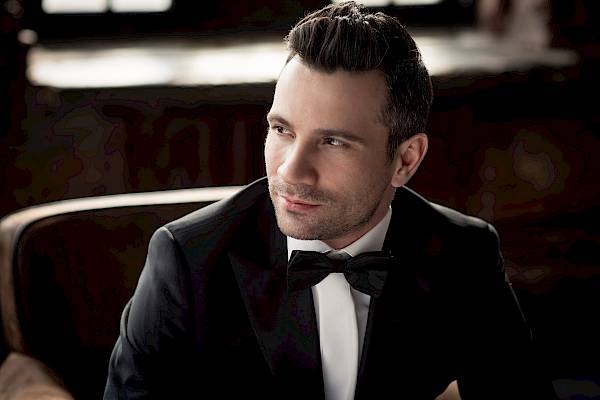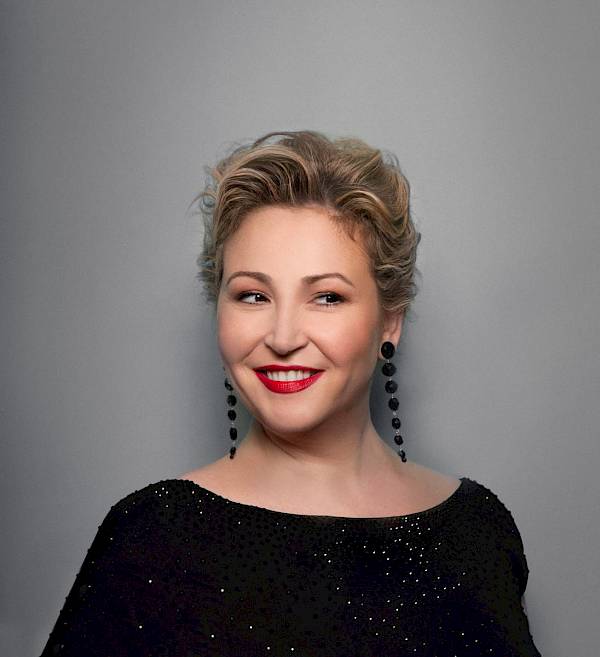Abstract
Although he wrote some 39 operas, Gioachino Rossini is generally known by audiences today for his buffo operas such as Il barbiere di Siviglia or La Cenerentola; much less-widely known are his few, but noteworthy, serious works for the stage. Yet Rossini kicked off a fashionable trend with his La donna del lago in Naples in 1819. It was the first Italian opera to be based on a narrative poem by Sir Walter Scott, the Scottish Romantic poet. Scott’s works also provide the source material for Donizetti’s Lucia di Lammermoor and 20 other Italian operas. And as in Lucia, La donna del lago is set in 16th-century Scotland and tells of entangled love affairs – but unlike Lucia it has a happy ending. Using a false name, King Giacomo V roams the rebel-infested countryside, and falls in love with the beautiful Elena, the «lady of the lake». However, she has been promised by her father to another, Rodrigo, and loves a third, Malcolm, herself. Rodrigo falls in a duel with the disguised king, Malcolm is imprisoned as an insurgent. But the king shows himself to be generous: he renounces Elena and pardons Malcolm. Nothing stands in the way of Elena und Malcolm’s love. La donna del lago has experienced a renaissance in recent years, with performances in Geneva, Vienna, Paris, and London, thanks in part to the atmospherically dense music, which evokes the Scottish Highlands, and Rossini's ingenious melodic style. Antonino Fogliani is a conductor whose inspired Rossini conducting has already caused a sensation elsewhere. Rossini wrote the virtuoso title role for his future wife, Isabella Colbran, one of the most famous singers of her time; Karine Deshayes will take on this demanding role at Opernhaus Zürich. For the first time at Opernhaus Zürich, the US-American Vivica Genaux can be seen in the Contralto part of Malcolm, Elena's lover.



















